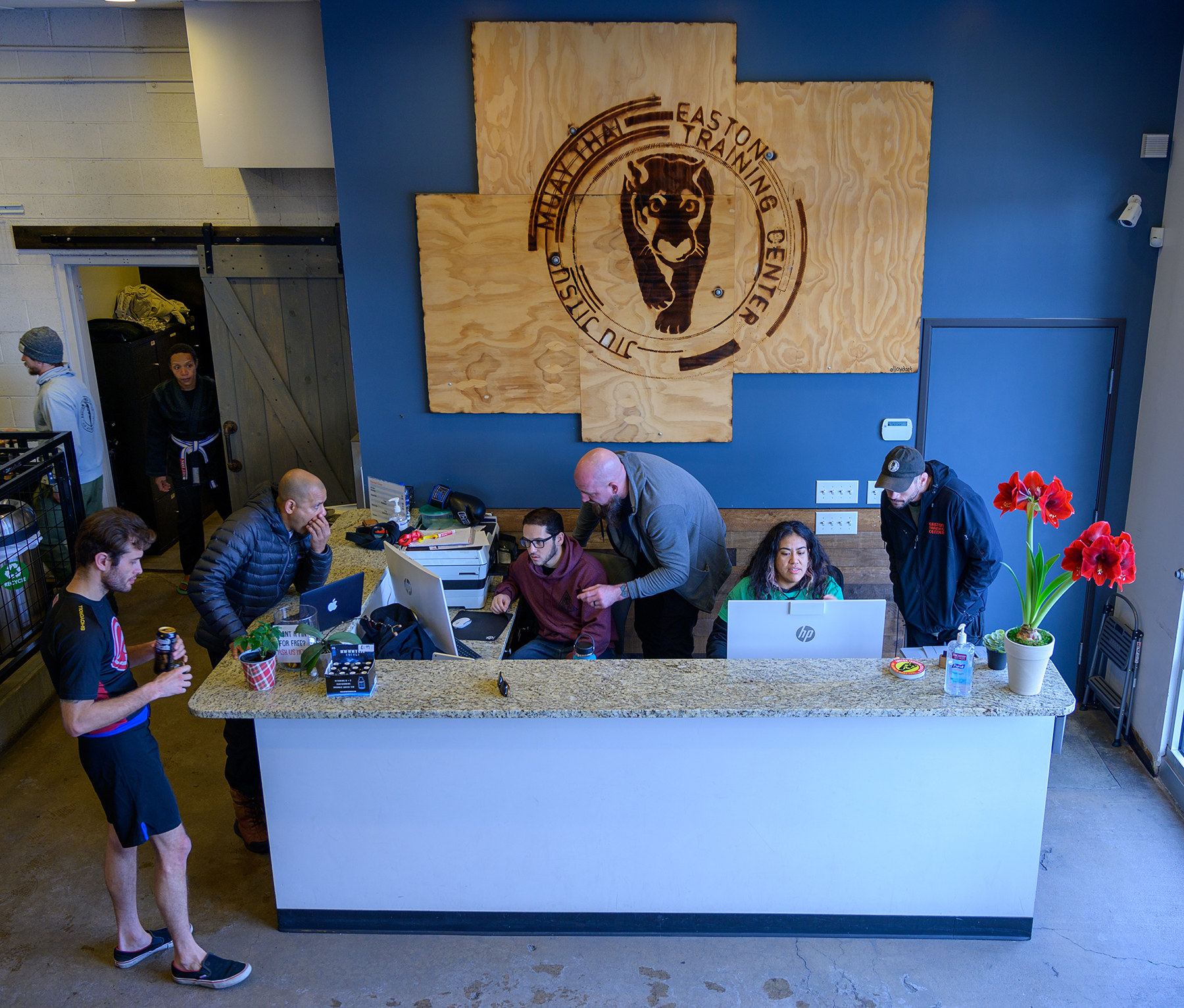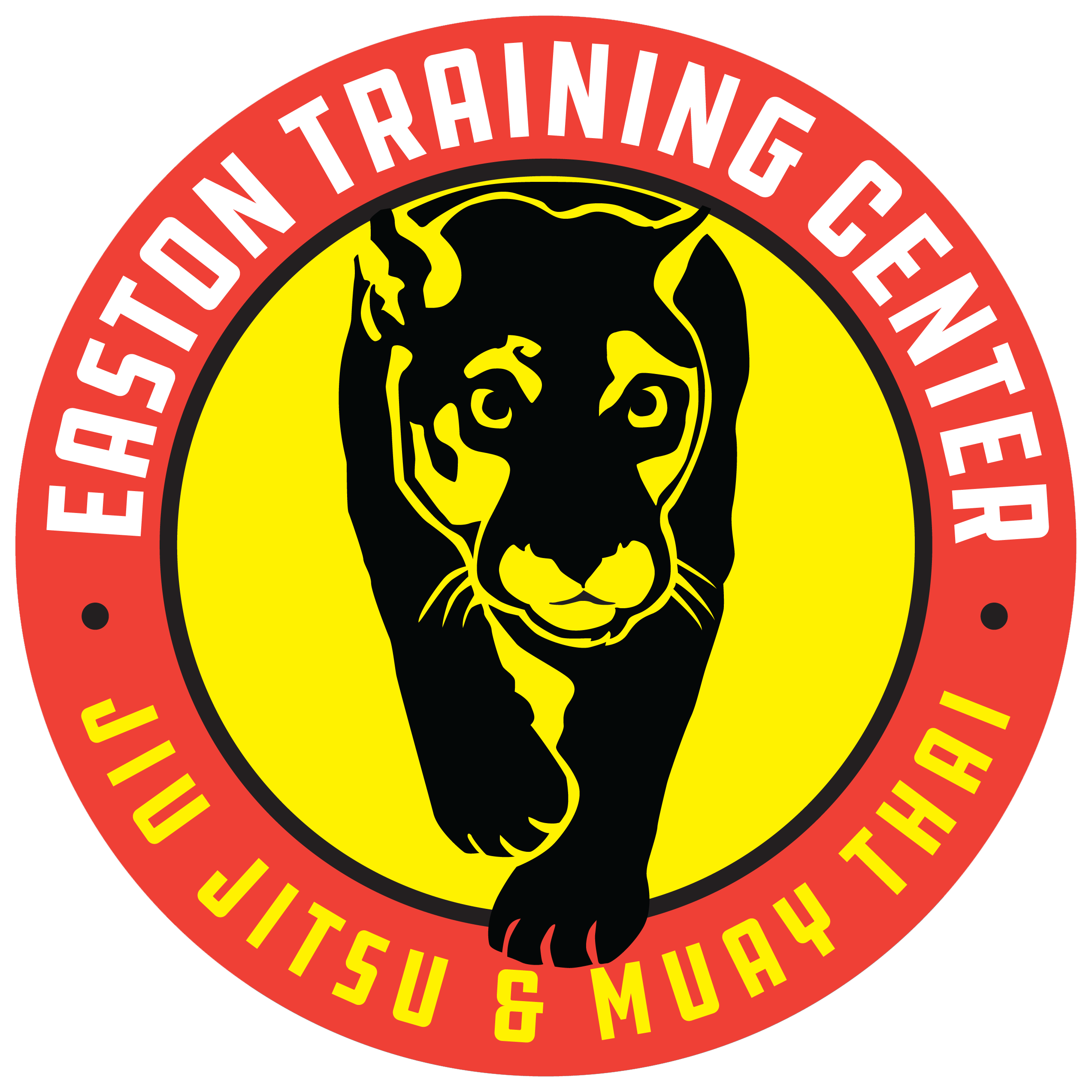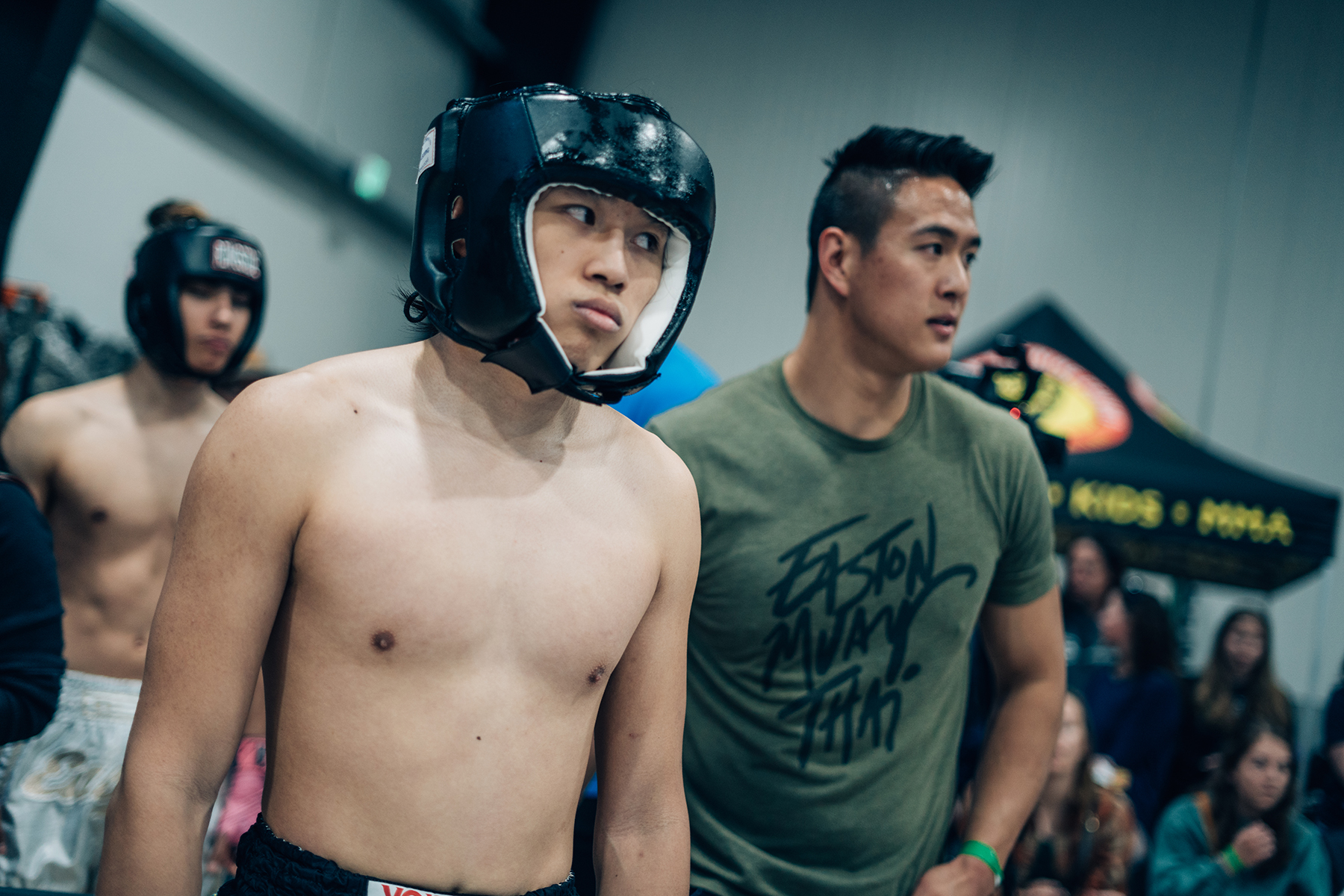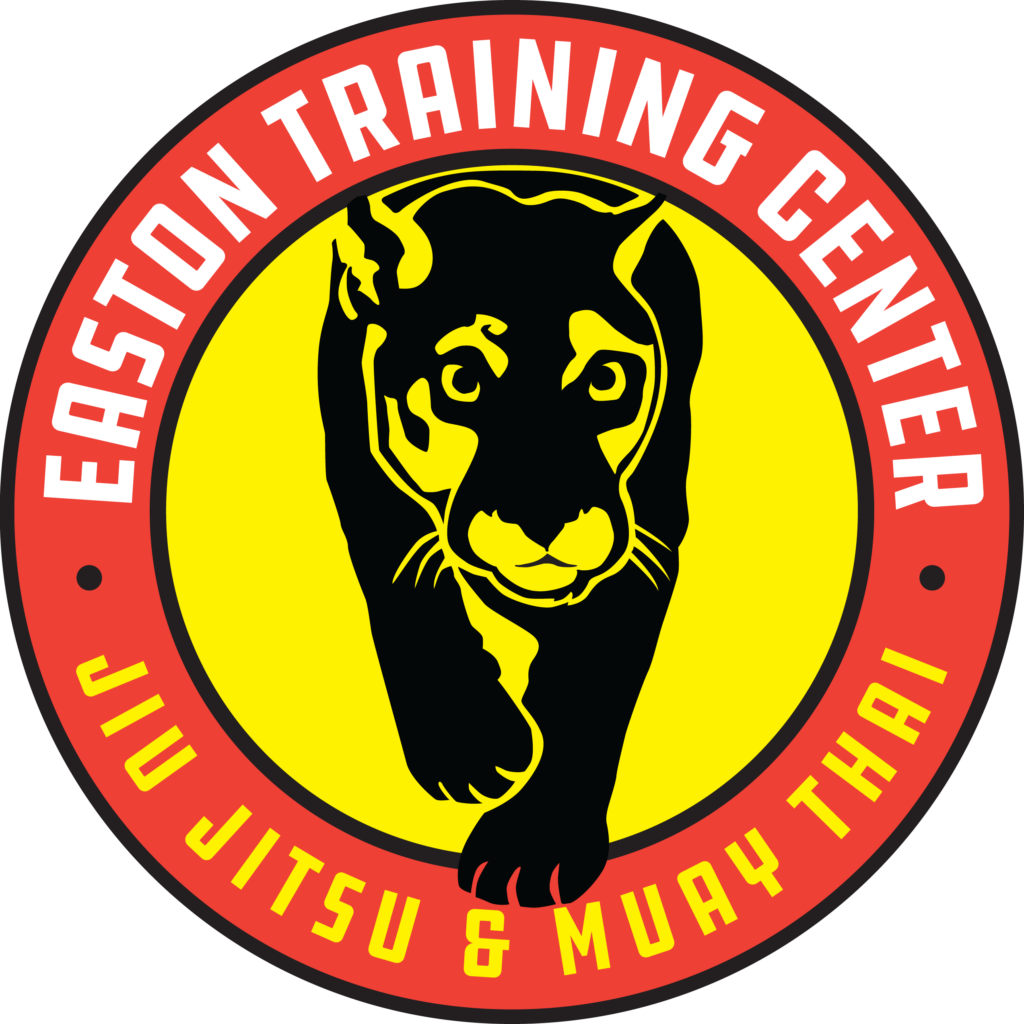This month’s All-Hands Meeting missed Alex Huddleston and our creative director Van, who’s currently snowboarding and visiting cherry blossoms in Japan, but Mike, Ian, Phipps and Sarah held it together.
To listen on your own, join us on Apple Podcast or Spotify!
3 updates:
- The Open was a success! 700 Jiu Jitsu matches and almost 50 Muay Thai bouts.
- Easton is rolling out some sweet new totin’ fanny merch soon…
- Announcing the Kids Pans 2023 launch!
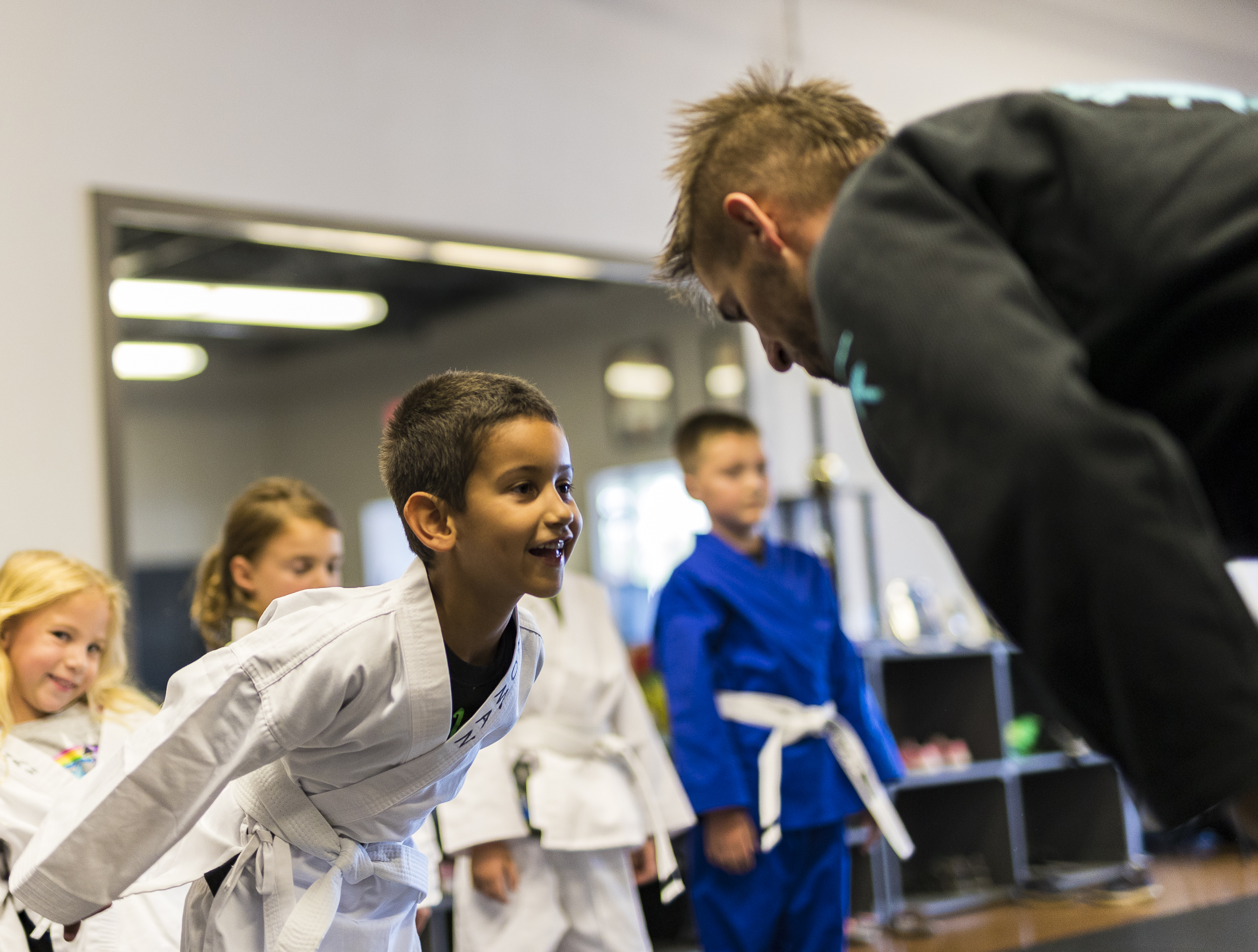
Starting with the 10,000-foot view, Mike dove right into one of his favorite places – Ian’s brain. In last month’s meeting Ian shared four of his favorite books. This time, Mike asked Ian to go a little further and elaborate on one that stood out the most.
Extreme Ownership by Jocko Willink and Leif Babin
Why…ownership?
Being stuck in a victim mentality is one of the biggest hindrances to our growth. We can’t think outside of ourselves, won’t see past our external limitations and worst of all, we lose the ability to authentically communicate and collaborate with the people around us.
Ownership means looking inward in a different way. Rather than pointing fingers, we reassess our part in the situation and how we can improve upon it. Ownership means recognizing the control we have over our outcome.
Healthy collaboration frequently requires honesty and critique. If we want to grow together, we have to set our individual egos aside in service of the whole we want to cultivate. Anyone stuck in a victim mentality will never be able to truly reap the rewards of such a productive process.
Rather than absorbing feedback and using it as fuel to catalyze the idea, those with a victim mindset get stuck on the surface and often only hear “your ideas suck.” (And other things nobody ever said.)
A victim mindset puts our egos ahead of our purpose and clouds our vision.
When we develop a sense of ownership, we lead from a place of knowing there’s always something we can do on our end. This mindset sets us free because there’s so much more control we can potentially have in a situation. We just need to own it.
Extreme Ownership argues that a leader never places blame on anyone but themselves. Ultimately, a good leader recognizes that almost any failure can be attributed to something that they themselves could have done better.
We may not always be at fault for an event, but we always have a degree of ownership in how we choose to handle the situation. While blaming is associated with the story of ego and victimhood, ownership takes it a degree wider and allows us to see the bigger picture.
Where raw emotions might want to distance you from a cringy situation, ownership implores you to dig in and get your hands dirty. It’s tough work, and not everybody wants to do it.
However, for those who do – along with liberating you to be the master of your own story, it ultimately does good for everyone around us as we put our best foot forward.
If we’re not being honest with ourselves, we’ll never be able to sustain an honest community.
[Transformation Amid a Community: A BJJ Belt Promotion Recap]
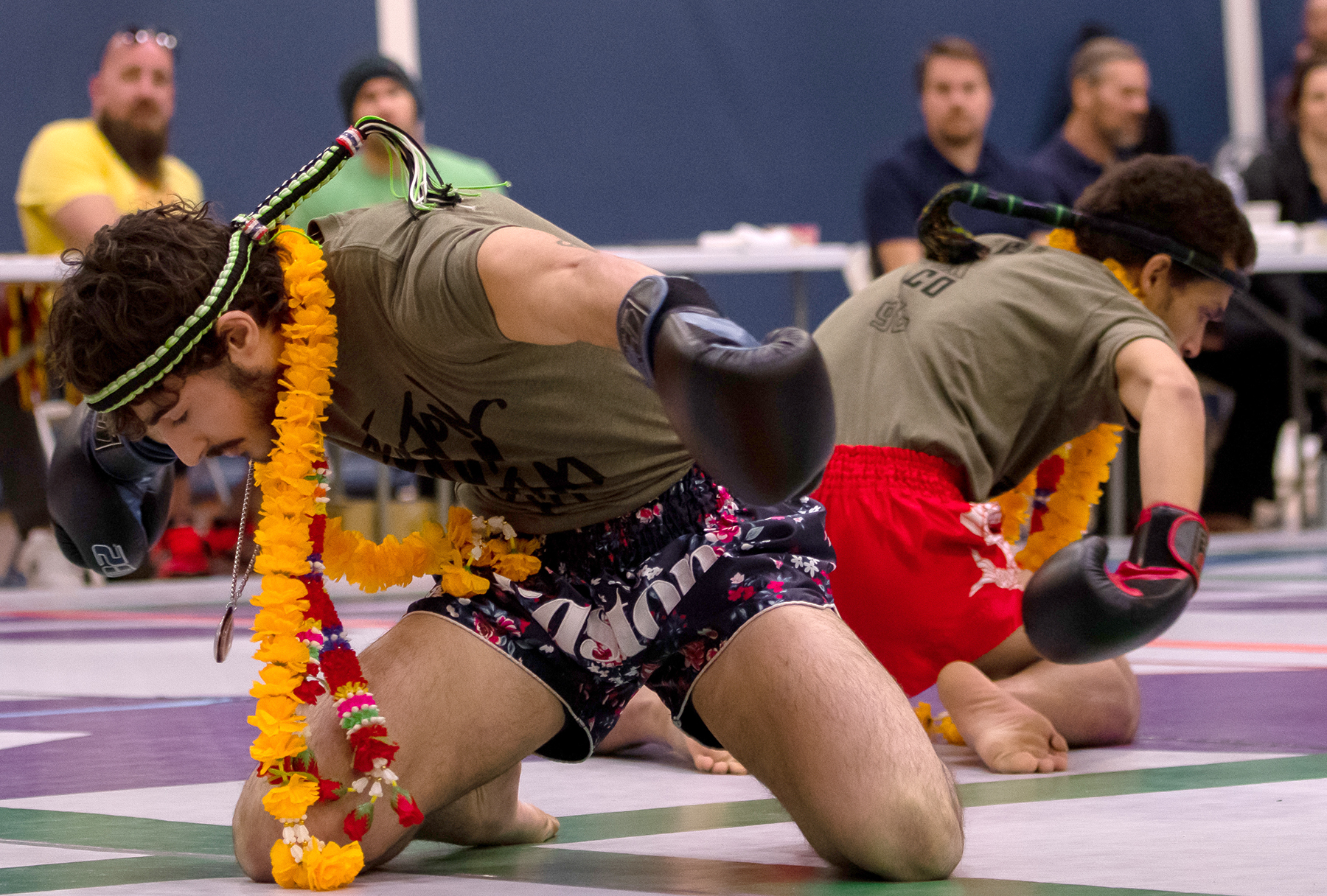
Making a community
Mike Phipps, who along with being our Marketing Director and Longmont’s Muay Thai Department Head, is also Easton’s resident videographer. He’s behind the lens of all our events, belt promotions and tournaments.
It also so happens that Phipps did his graduate thesis at CU on Media and Community. Needless to say, we’re not surprised at where he’s landed with us.
In the second half of this month’s All-Hands Meeting, Phipps leads by defining one of the fundamental building blocks of Easton: community.
A group of people that rely on each other for success and growth – the people who help get you towards your goals.
Going back to the tribal concept of needing others for survival, the community is a strange organism. A living thing, it’s made up of all of the people and parts holding it together, yet it also takes on a life outside of them. It’s bigger than one or any of us.
While people may come and go, something or someone has to keep the ball rolling – especially when your community is a business, and when your business is community.
In many ways, the communities we form at the academy are similar to college – an education-focused space where people come together to challenge themselves and grow. We make friends on the mats and quickly, people we once barely knew become the faces we see each week for years.
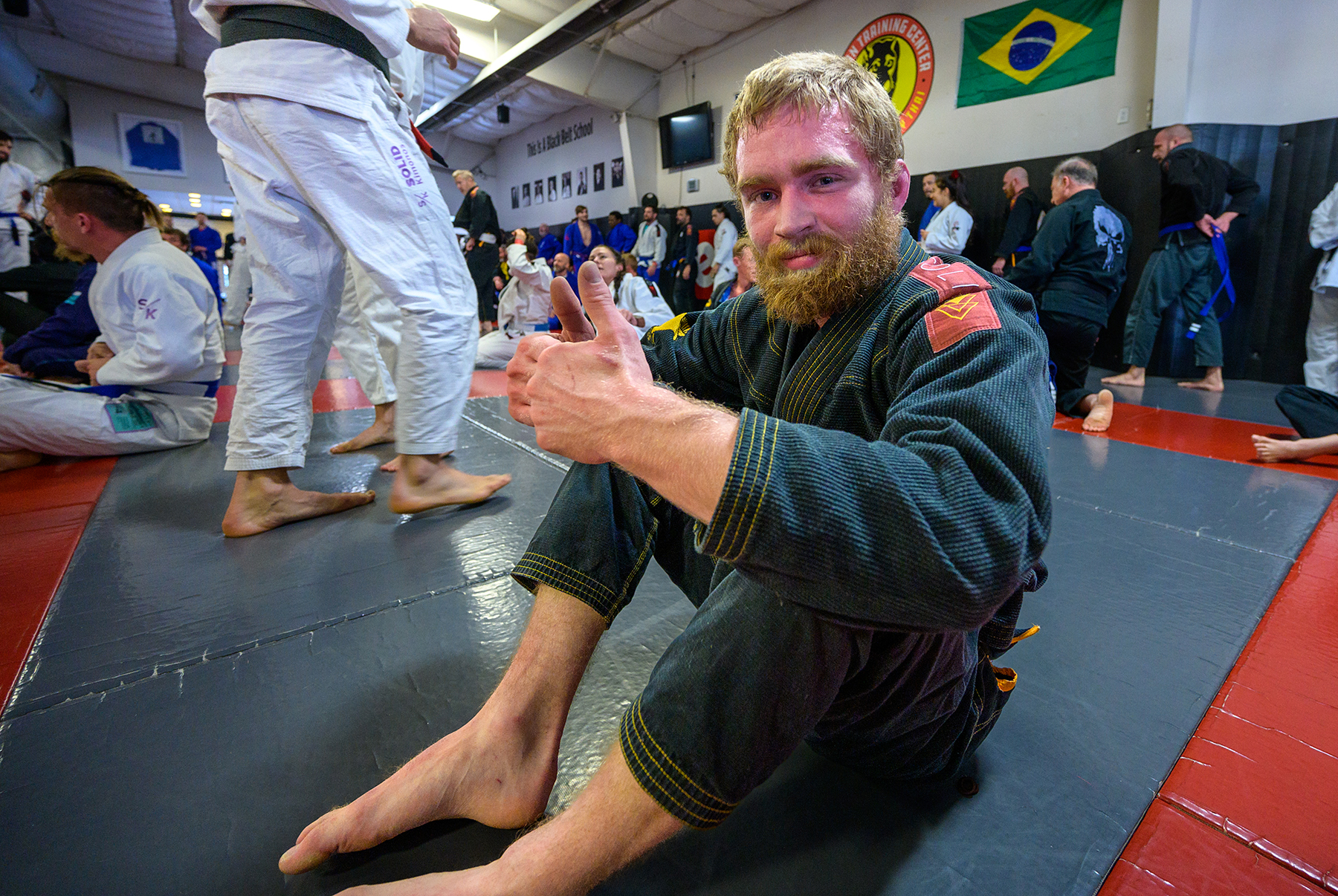
However, just as they come together, they can just as easily flow apart. As life changes, people move, families grow and priorities change. For those who stay in the community, roles can shift as well.
We’ve all seen this happen when a beloved coach parts ways with Easton. Every coach infuses class with their own flavor and understanding, and they grow a student following because of this.
When a coach shifts direction and leaves his or her post, the hole left by their absence can feel gaping. The subculture developed by that coach can feel lost, floating for a moment before the regularity of our practice brings us back to center.
Every contribution adds a unique layer to the texture of the academy, and every shift in staff can change the shape and flavor of the whole. Though the academy itself is brick and mortar, the community is the elusive soul keeping it alive.
For this reason, community becomes truly hard to capture. And for this reason, the documentary Phipps filmed with Easton as part of his graduate thesis project three years ago will never see the light of day. Maybe it’s like nailing down a dream, or a nostalgic scent – once you think you’ve got it, it shifts.
